What is a Good Return on Real Estate Investment?
Posted by Alex Narodny on Monday, September 23rd, 2019 at 1:20pm
By Upkeep Media
For More ROI questions, contact alexander.hassoulas@upkeepmedia.net
Let's face it. Real estate investing is about a single goal. Profit!
Investors put in the money with the purpose of getting a nice return on their original investment. In this way, the real estate world isn't different from any other investing landscape.
But how do you know what's a good return? You need to start measuring your return on investment. There's more than one way to do this and we'll cover these in this post.
Once you have measured the return, it's time to factor in any costs and your initial investment. But only you can decide whether the return is good or not. Still, keep in mind that it's not smart to set unrealistic expectations.
Finally, before checking out the ways to measure your return, it's important to point out the concept of compounding. Utilizing the principles of compound interest ensures that a small profit increase leads to enormous gains over a long time period.
-
Return On Investment (ROI)
How efficient is your investment? This metric answers the question. ROI is the key figure you need to check when determining a real estate investment's profitability. Basically, you need to divide the annual rental income by the total of your invested money. Here's an example of how you calculate ROI.
You buy a rental unit for $200,000. Another $10,000 goes for closing fees and other expenses. You start to charge a monthly rent of $1,800. How much is the return on investment?
ROI = 12 x $1,800/($200,000 + $10,000) = 10.3%
For more on ROI and other concepts, learn about property investing terms.
Naturally, the next question is whether this ROI is good. We can't give you a straightforward green or red light on this. The ROI's viability depends on a variety of factors, such as...
-
Investment goal
-
Potential investment risks
-
Rental property's location and size
There are investors out there who would be happy with a 10% ROI. Some, in cases of risky properties, wouldn't do less than 45%. If you still want general guidelines, try to aim for an ROI that's more than 15%.
-
The One Percent Rule
This concept is much easier compared to ROI. The gross monthly rent for your investment property should be at least 1% of the paid final price.
If you bought a property for $250,000, the rent would have to be at least $2,500 per month.
While a straightforward guideline, there are certainly more variables you need to consider. The one percent rule has received criticism for over-simplifying real estate investment calculations.
-
The Cap Rate
The capitalization rate shows the relationship between net operating income (NOI) and the return rate of an income property. Again, let's look at an example to understand the number crunching a bit better.
Let’s say that you buy a property for $400,000. You ask a rent of $2,800 per month. Additionally, the annual expenses are $4,000.
Cap Rate = (12 x $2,800 - $4,000)/$400,000 = 7.4%
Is 7% a good cap rate? If there are numerous risks involved, then this might not be a good investment. But if it's a very low-risk property, then it could be a nice return. Generally, investors regard anything above 10-12% as a great cap rate.
-
Cash On Cash Return
This is another popular metric when trying to find out a property's profitability. Cash on cash return focuses on your annual return based on the NOI and total cash investment. Once again, let's go over a practical example.
You buy a rental property for $400,000 with a down payment of $80,000. The annual expenses amount to $6,000. And you charge a rent of $2,200 per month.
COCR = (12 x $2,200 - $6,000)/$80,000 = 25.5
But what happens when you fully buy the property in cash?
COCR = (12 x $2,200 - $6,000)/$400,000 = 5.1%
The cash on cash return changes wildly. You can consider the COC rate good when it's between 8 and 12 per cent.
The bottom line: how do you know what's a good return?
After giving the general direction, it's still important to point out that what's considered 'good' depends on more than just numbers. You need to take the property's and local market's variables into account.
Less secure neighborhoods increase the risk of property damage or irregular payments. Owning a luxurious rental unit might set you up for longer vacancies because it's harder to find tenants. In these cases, expecting a higher return is completely natural.
Doing your homework is essential. We just went over the most important metrics that help you decide on your investment rental property's return. Still, you need to factor in other variables that help you make the final decision.

Leave A Comment